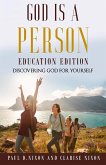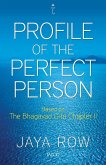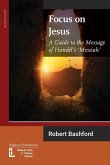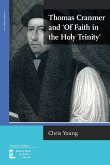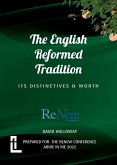In this short and stimulating guide to the doctrine of the person of Christ, Mark Smith explores the biblical witness to Jesus as both fully God and fully man. He shows how these truths were articulated and defended in the debates of the early church, and why they remain deeply relevant to the lives of Christians today. The second half of the book then dives into the Christological content of the Anglican formularies (the 39 Articles of Religion and the Book of Common Prayer). Here we discover how the Church of England possesses a rich storehouse of reflection on the identity of Jesus Christ - not only as a doctrine to be understood, but as a person to be worshipped and adored. Mark Smith is Dean and Fellow of Clare College, Cambridge, and lectures in patristics [or 'early church history'] at the Faculty of Divinity in the University of Cambridge. He is married to Phillippa, and they have two young daughters.
Hinweis: Dieser Artikel kann nur an eine deutsche Lieferadresse ausgeliefert werden.
Hinweis: Dieser Artikel kann nur an eine deutsche Lieferadresse ausgeliefert werden.


